A dramatic surge in Minnesota’s food assistance spending has reignited debate over welfare integrity and federal oversight, after new data revealed the state’s Supplemental Nutrition Assistance Program (SNAP) outlays jumped nearly 174% between fiscal years 2020 and 2021—the steepest rise of any state in the nation.
According to the U.S. Department of Agriculture’s 2021 SNAP State Activity Report, Minnesota’s total benefits soared from $725 million to nearly $2 billion in just one year, far outpacing the national average increase of 47%. The spike coincided with a pandemic-driven expansion of eligibility and emergency allotments, but critics say the scale of Minnesota’s jump—and its refusal to share recipient data with federal auditors—suggests deeper accountability issues.
⁉️WHY is Minnesota refusing to give Federal Gov’t our SNAP records…!?
I think I found what the @MinnesotaDFL is hiding.
🧐LOOK⬇️⬇️⬇️at this chart showing MN with a 174% SNAP issuance increase from 2020 to 2021.
❌NO other state even coming close!😳🤯 https://t.co/WikDkqzaUB pic.twitter.com/tc9zALgQ44
— Pam Altendorf (@PamAltendorf) November 3, 2025
The surge occurred amid sweeping federal relief efforts under the 2020 Families First Coronavirus Response Act, which boosted SNAP allotments nationwide. In Minnesota alone, those temporary supplements totaled $466 million that year. Supporters say the measure helped families weather job losses and supply disruptions during the pandemic’s peak. But conservative watchdogs contend the system grew too rapidly to ensure proper vetting. “The entire system is broken and susceptible to FRAUD,” tweeted Minnesota commentator Pam Altendorf, sharing a USDA chart that showed the state’s outlier status.
While pandemic aid explains much of the increase, Minnesota’s disproportionate growth has fueled suspicions of mismanagement. Federal law prohibits undocumented immigrants from receiving SNAP benefits, limiting eligibility to citizens, permanent residents, and certain refugees. USDA audits in other states have found most improper payments stem from administrative mistakes rather than deliberate deception—only about 1% from citizenship issues—but Minnesota’s resistance to scrutiny has become a flashpoint.
The standoff escalated in May 2025, when the USDA—citing President Trump’s executive order on fraud prevention—demanded detailed data on more than 40 million SNAP recipients nationwide, including names, Social Security numbers, and immigration status. The department said it intended to cross-check eligibility and prevent duplicate or illegal claims.
Minnesota joined roughly two dozen Democratic-led states in refusing the request, arguing it threatened privacy and could be misused for immigration enforcement.
Still, critics argue the refusal to cooperate undermines transparency. “No other state came close to Minnesota’s numbers, and now they’re stonewalling audits—it’s time for accountability,” Altendorf said. With federal agencies pressing for compliance and lawsuits already emerging from noncompliant states over withheld funding, the dispute underscores a growing partisan divide over welfare oversight.
As Washington debates how to balance fraud prevention with privacy protections, the Minnesota case may prove a bellwether. USDA officials say that data-sharing with cooperative states has already uncovered modest eligibility errors—yet without access to the full national picture, they warn, the system remains vulnerable. The clash arrives as a partial government shutdown looms, threatening to disrupt November benefits and leave thousands of households in limbo.
[Read More: Dick Cheney Has Died]
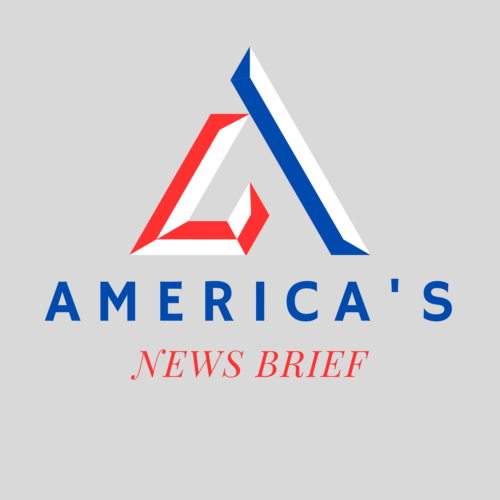
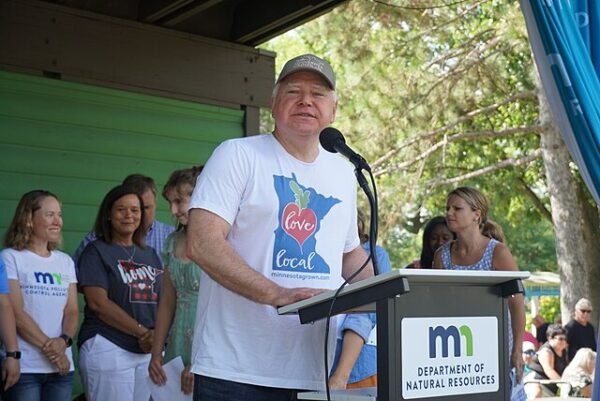

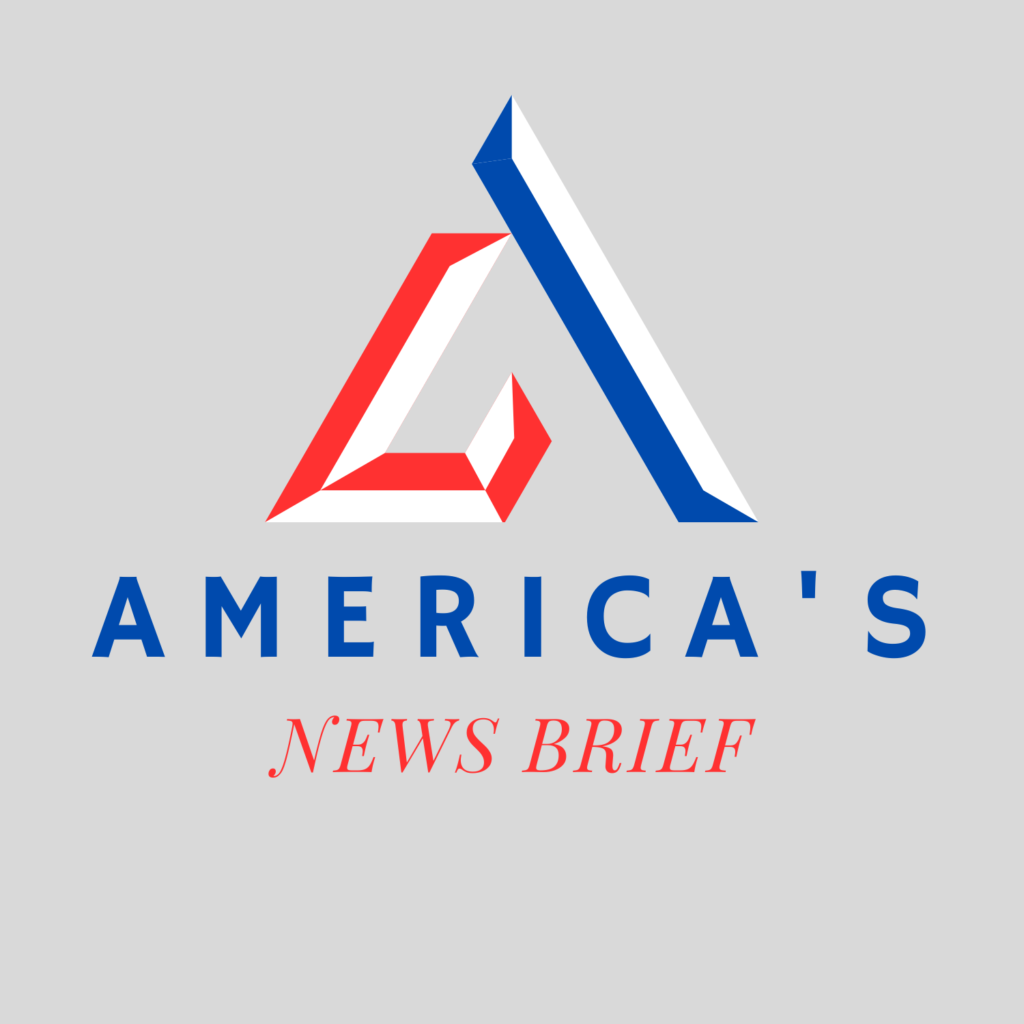
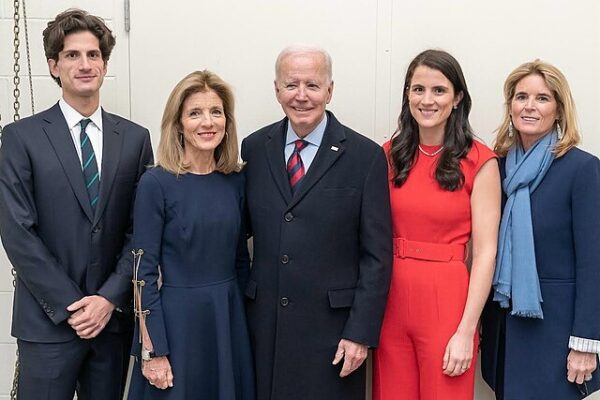





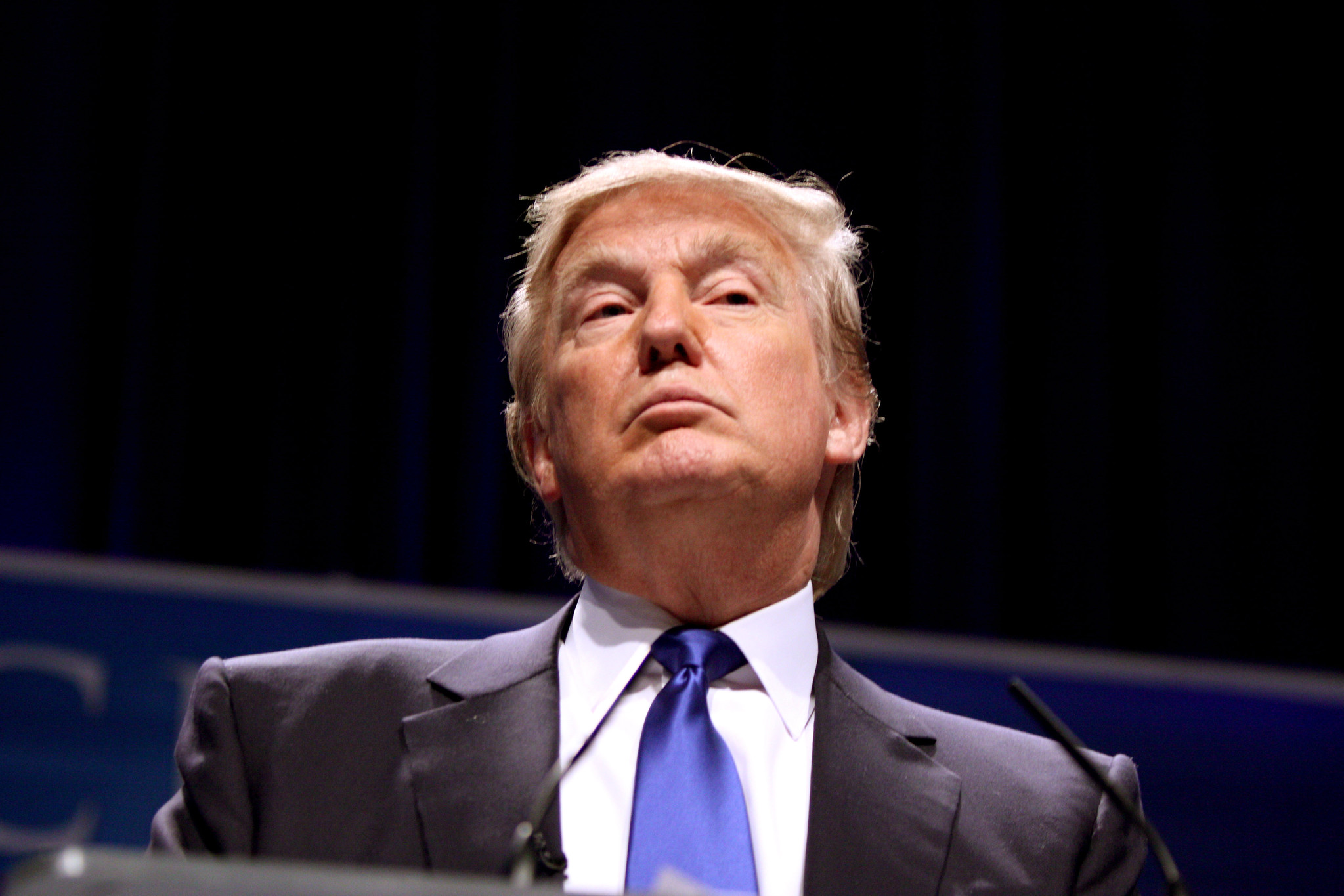
Most of the new recipients in Minnesota are the muslim illegals that Bidumb was spreading out all over the country.
Apply to all Blue states for SNAP then??
Refusing to cooperate with the request is a tacit admission of misuse/abuse.